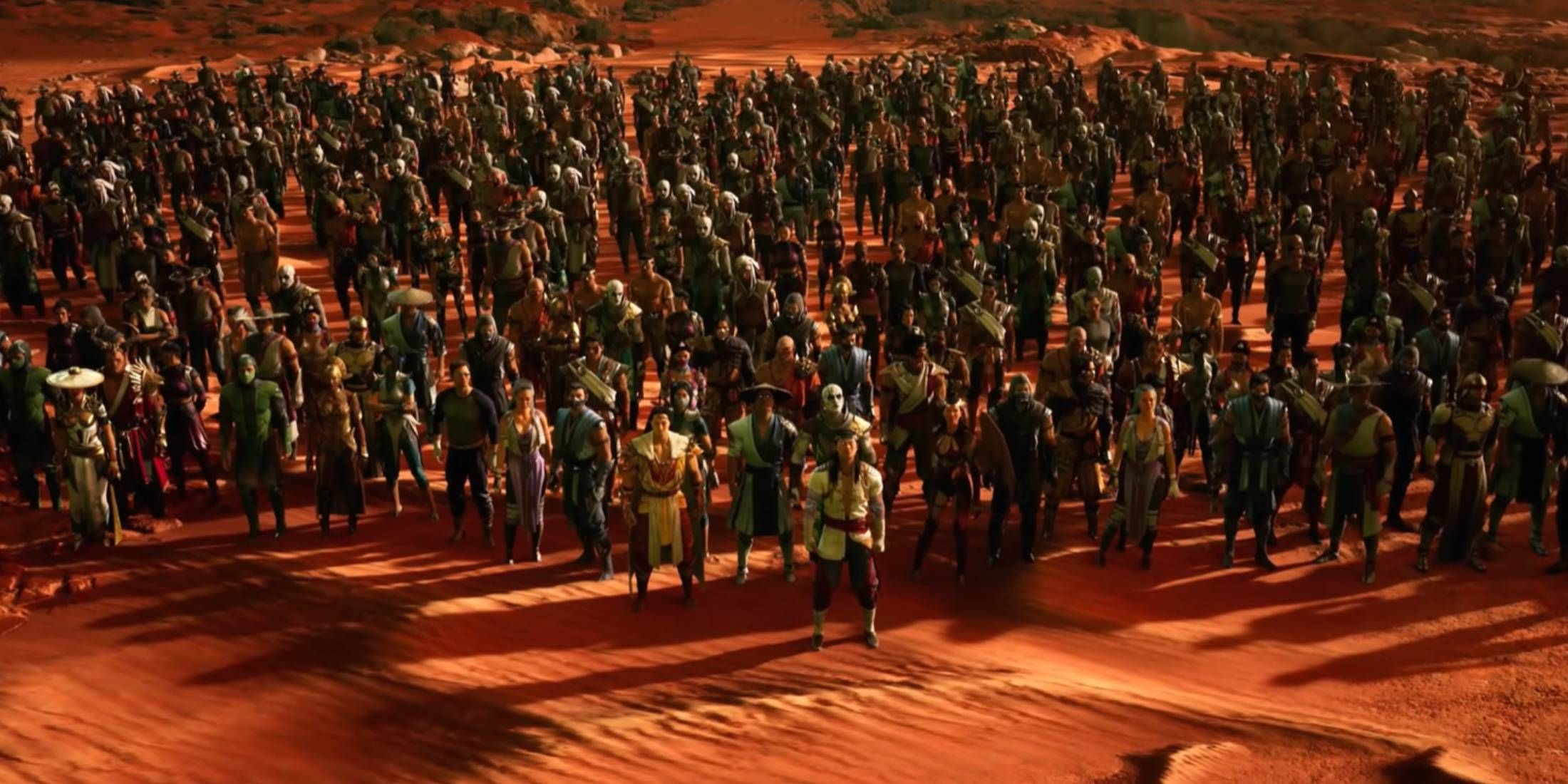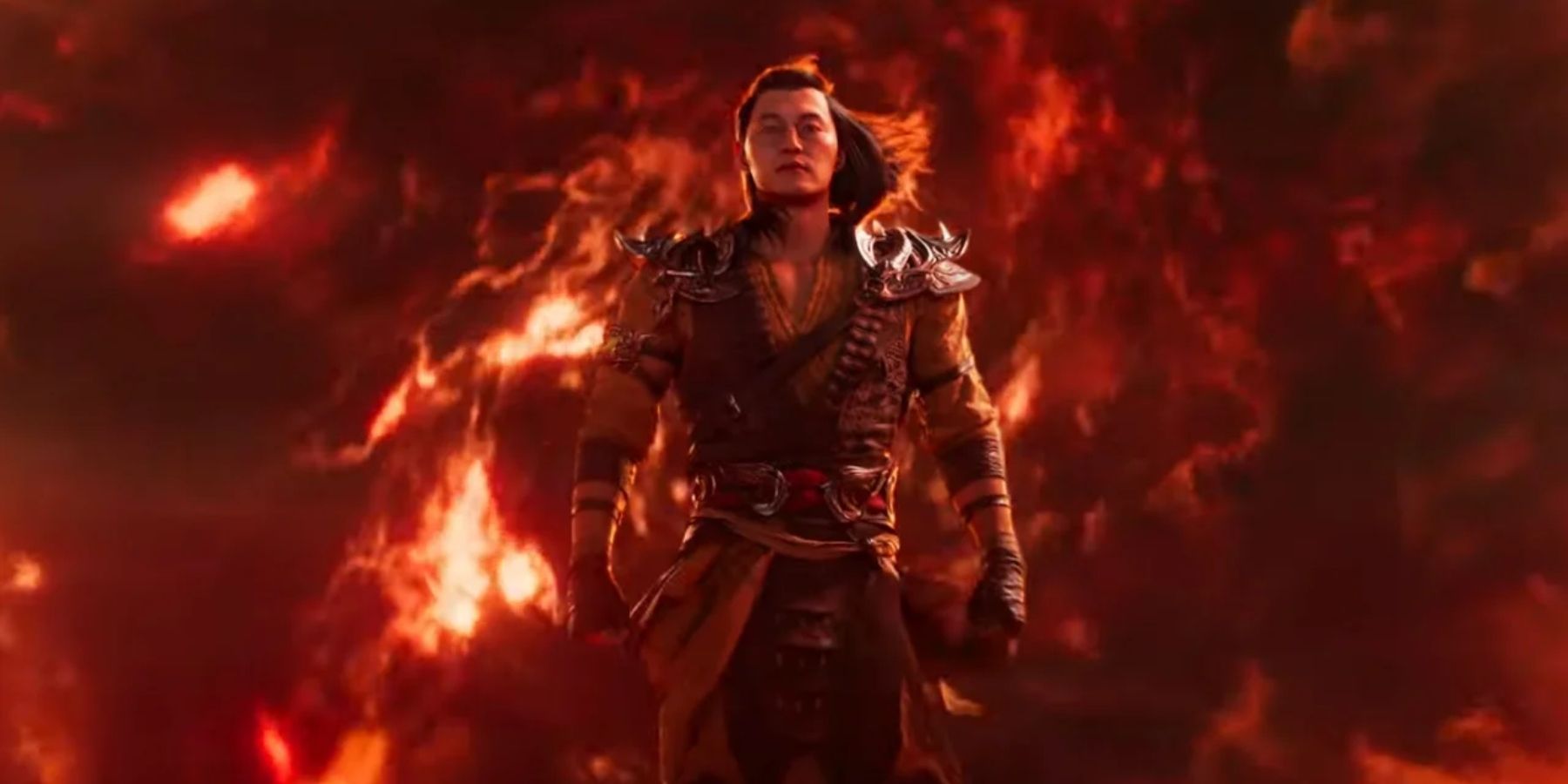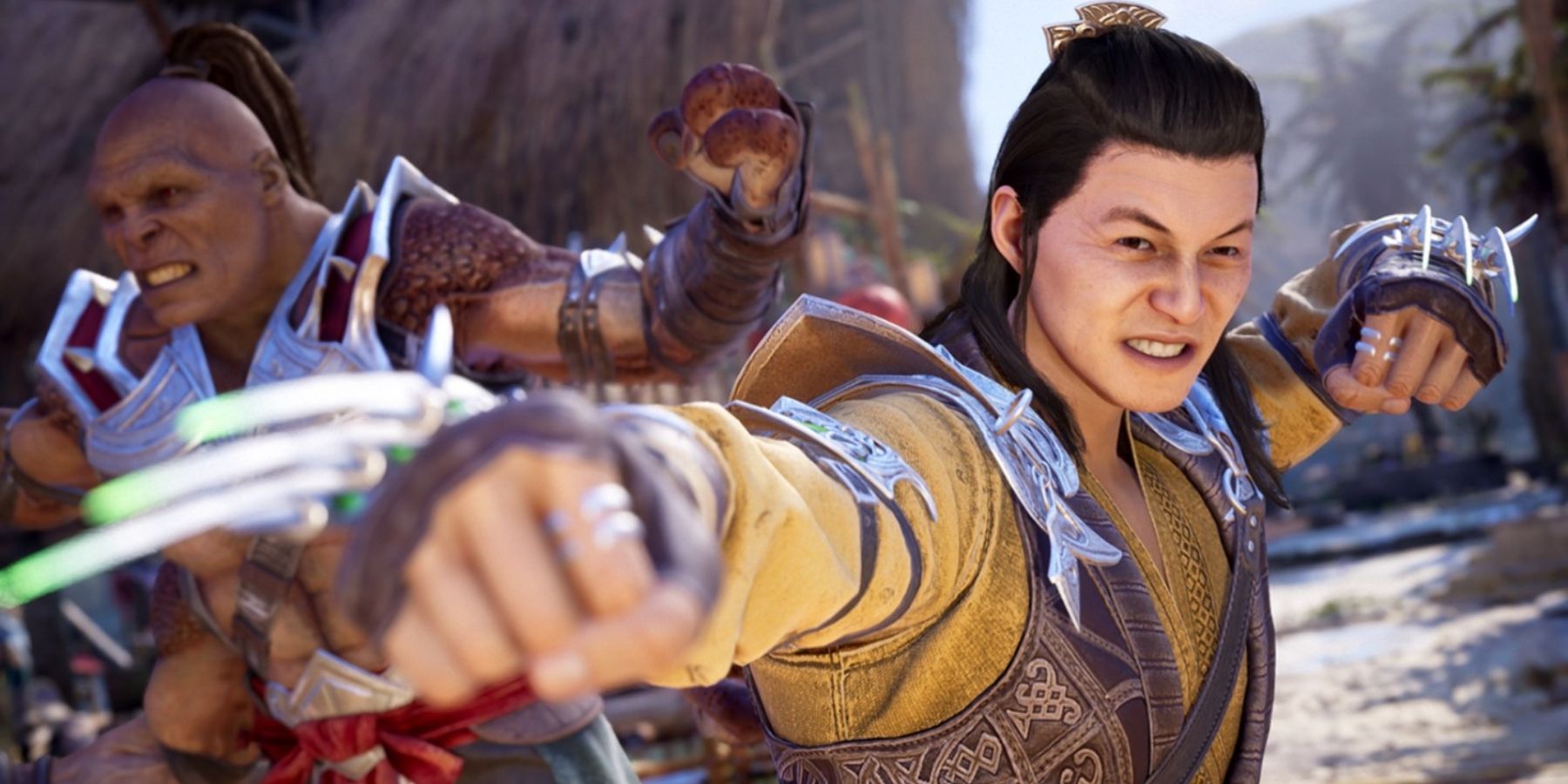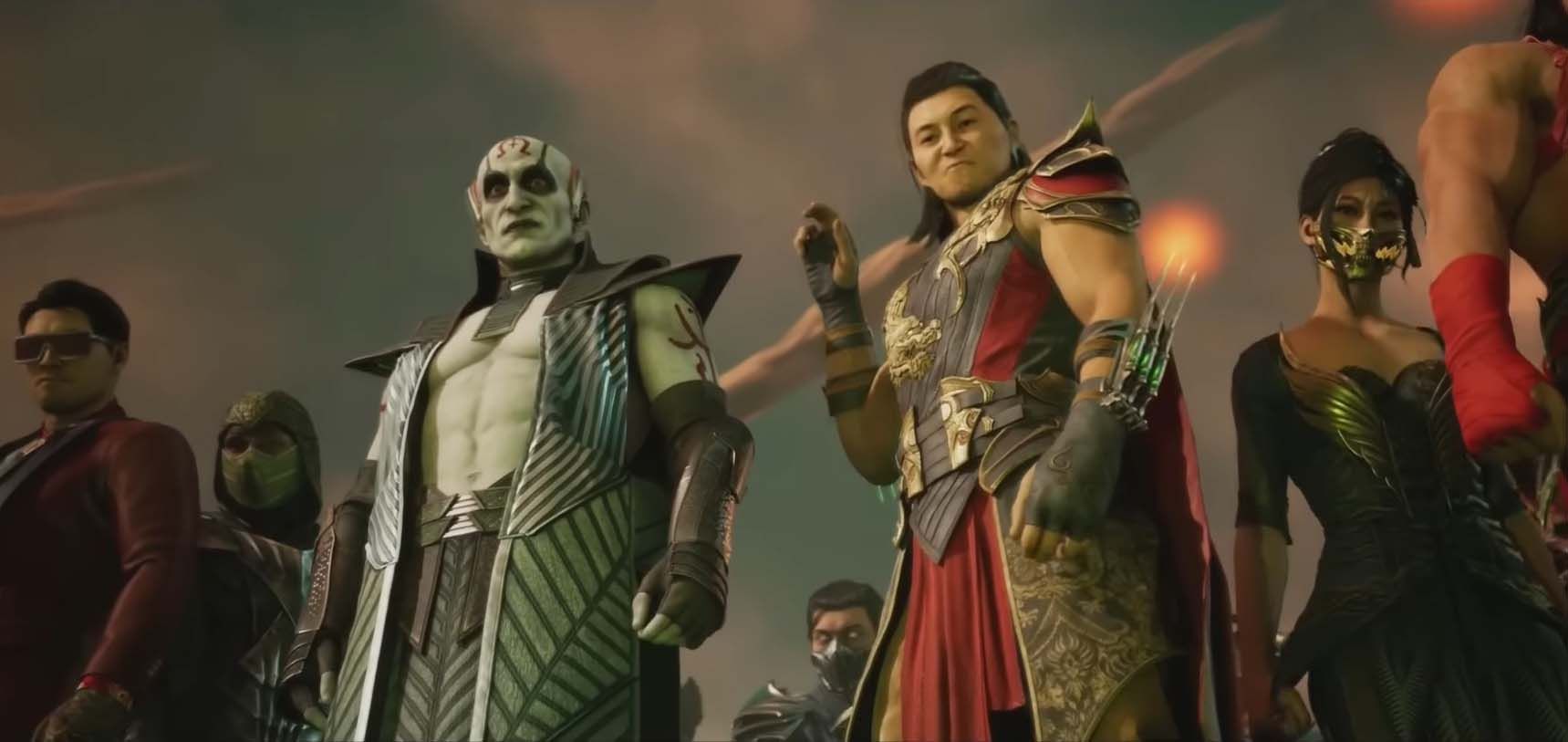PLEASE NOTE: This article contains MAJOR SPOILERS for Mortal Kombat 1.Even in the earliest days of the franchise when there was no dedicated campaign mode, the Mortal Kombat series has always had a fairly strong story, and it's a huge element that's helped it stand out from its fighting game competition over the last 30 years. Though it can be pretty silly, Mortal Kombat's story is usually pretty compelling, with a colorful cast of distinct characters tying its events together in an engaging way. Mortal Kombat 1 is the latest example of this franchise trend, and it is arguably the best.
Coming in at a solid 5-6 hours, Mortal Kombat 1's story mode isn't all that long, but the amount of sheer entertainment that NetherRealm manages to pack into that runtime is truly impressive. Centering around Liu Kang's new, rebooted universe, fans knew going into Mortal Kombat 1 that the story would feature some twists on some iconic franchise moments and characters. While Mortal Kombat 1's story mode certainly provides that, it's also home to one unexpected twist that's so unique that it could end up changing the very concept of canonicity in video games moving forward.
Mortal Kombat 1's Twist Makes Both MK11 Endings Canon
At the end of Mortal Kombat 11's Aftermath DLC, Fire God Liu Kang and Shang Tsung face off in an epic battle for Kronika's hourglass, which would give them the power to restart the universe however they saw fit. In the DLC's final moments, players could choose to either play as Liu Kang or Shang Tsung, leading to one of two possible endings that sees the respective fighter gain control of the hourglass and create their own timeline.
Mortal Kombat 1's story mode follows on directly from Mortal Kombat 11's Aftermath DLC, and sees Fire God Liu Kang take on the mantle of Earthrealm's protector in his own new universe. At the start of Mortal Kombat 1, it's made clear that Liu Kang has altered the destinies of several classic Mortal Kombat villains to ensure that peace continues to reign over the new timeline, but a mysterious figure emerges and threatens this balance.
Dressed as Kronika, this mysterious figure goes to Shang Tsung, Quan Chi, and General Shao and tells them of their previous lives, which essentially forms a new Deadly Alliance, who agree to help this figure by waging war on Earthrealm. In a genuinely shocking twist, it's eventually revealed that this mysterious figure was actually Shang Tsung from the previous timeline, and that Liu Kang and his battle at the end of Aftermath caused reality to splinter and create countless alternate universes - thus confirming that both possible endings for Mortal Kombat 11's Aftermath DLC were completely canon.
Mortal Kombat 1's Twist Could End Up Changing Video Game Canonicity Forever
Thanks to the success of Spider-Man: Into the Spider-Verse and No Way Home, multiverses are quickly becoming all the rage in the movie industry. And where the movie industry goes, the video game industry isn't usually too far behind it. It seems likely that multiverses are quickly going to start cropping up in video games as well, and when they do, it would be great to see them try and integrate the laws of the multiverse with common gameplay tropes and mechanics, just as Mortal Kombat 1 has. Mortal Kombat 1 has managed to do something completely new and make both possible endings canon, and it wouldn't be surprising if some future Sci-Fi/fantasy games borrowed that concept as well.
Mortal Kombat 1 is available now for PC, PS5, Switch, and Xbox Series X/S.






